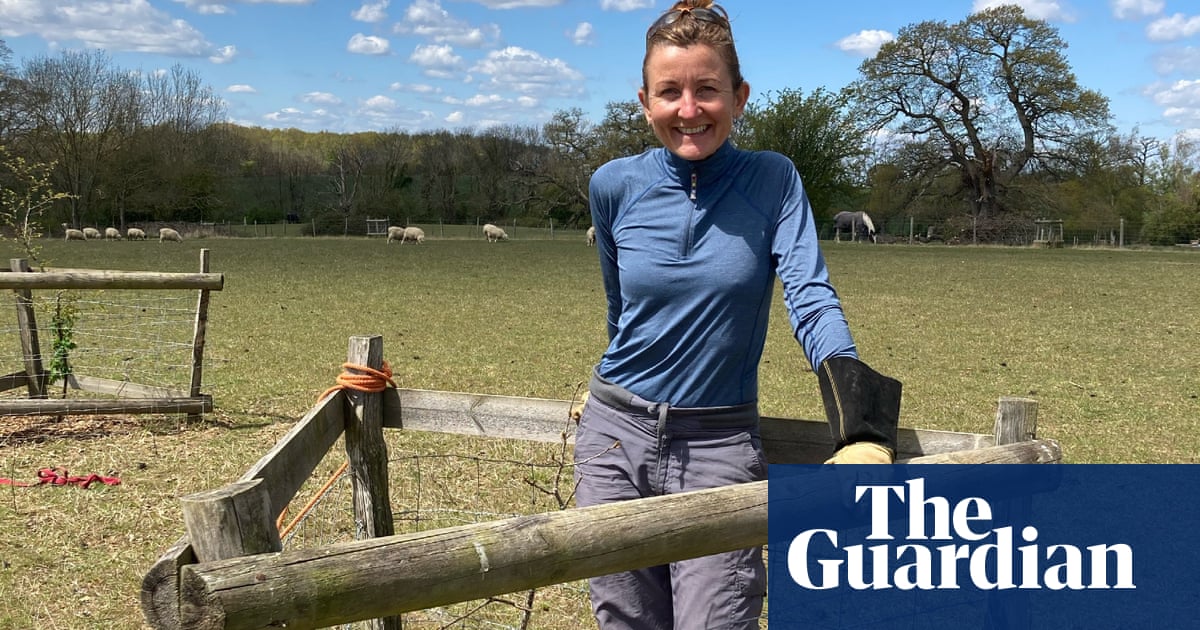
When my friend Jonathan heard the crash of breaking glass that night in 2008, he thought it was drunks flinging bottles on Leith Walk in Edinburgh. They did that a lot, although they must have been rowdier than usual, as it was loud. It took him a few minutes to understand what was actually happening – and in that time the stairwell to his fifth-floor flat became entirely impassable. That crash was the sound of the downstairs windows exploding – glass shattering under the obscene heat of the burning apartment below us.
As for me, I was sitting with Jonathan’s wife, Ericka, in the other room, distracted by wine and chatting nonsense. The first I knew anything was wrong was when Jonathan appeared in the doorway. “I don’t mean to worry you,” he said. “But we need to go.” I flapped around, trying to locate my shoes. “No,” he clarified. “We need to go now.”
We pulled ourselves together, barefoot and giggly, and followed him. In truth, my first feeling was that of excitement. I’ve always had a soft spot for a crisis; my favourite tarot card is the Tower – the one that heralds your foundations being swept out from beneath you, falling bodies and lightning bolts filling the sky.
But the moment we opened the front door, I realised this was no gleeful adventure. Billowing up the stairwell was a wall of thick black smoke and the air was already hot. We backed up, slamming the door behind us. It felt as if someone had made a terrible mistake. Those stairs were the exit – our only exit. It didn’t make sense that we couldn’t use them.
Still, I had watched the BBC docudrama 999 as a child, and thrilled to its re-enactment of dramatic emergency calls. I could hear Michael Buerk’s gravelly instructions in my head: “Soak towels in the bath, plug the gap under the door.” We did that and it was like trying to dam a river with twigs. Smoke oozed up everywhere: through the floorboards, the skirtings, the walls.
The strangest thing was the way the room dimmed to black. Whenever I’d imagined a house fire, I’d pictured coughing, heat, the back of my hand testing the warmth of each door. But never this swaddling darkness.
At this point, we had to decide where to go. In the kitchen, there was a window that opened wide. But that faced the back garden, which was walled off to any fire engines, and, without any ladders, an escape route from the top-floor window would be impossible. In the living room, for reasons known only to Edinburgh landlords, the only openable window was a little PVC thing up above head height. The table in front of the window was a wooden board balanced precariously on A-frames. But if we stood on it, we could attract attention; someone would know we were trapped inside. On the street below, a crowd had already gathered.
Pressed against the glass, we took turns to gulp mouthfuls of fresh air from the window in the moments when the wind conspired to billow away the flames licking up from downstairs. But then the gust would change and the thick smog outside would veer towards us and what poured in was every bit as unbreathable as the air inside.
The situation caused a kind of glitch in my brain. I was in my 20s, and had, until this point, believed myself to be immortal. But in that moment, I suddenly understood that this sack of meat – a body that contains all the desires and fascinations and nuances that make up a Jane – could be snuffed out of being. And I really did not want that to happen. I would do anything, in fact, to prevent that from happening.
I was ready to contort myself through that impossible window, and leap from the top floor –break my legs if I must – if that meant living, breathing, continuing to exist. But in the end I didn’t have to. The fire brigade arrived; they brought their extendable ladder and had us cower inside while they smashed the glass. It seemed to take an inordinately long time, but eventually we were allowed to clamber out into the night, to the waiting ambulances. We were taken to hospital, where we were treated for smoke inhalation, then released. And we were essentially fine.
Since that night, fire makes its way into all of my fiction: buildings have a tendency to catch alight, there are ritualistic bonfires and arson. My debut novel, Freakslaw, centres on fire as a force of rebirth and revolution, as well as a vehicle of destruction.
On camping trips, I’m the keeper of the flames – stoking them, tending them, as if by doing so I can claim some kind of control over an impossible force. I know that I can’t, of course. Fire is more powerful than me, death is more powerful than me, and at least one of them will get me in the end.
Freakslaw by Jane Flett (Doubleday, £16.99) is out now. To support the Guardian and the Observer, order your copy at guardianbookshop.com. Delivery charges may apply.












